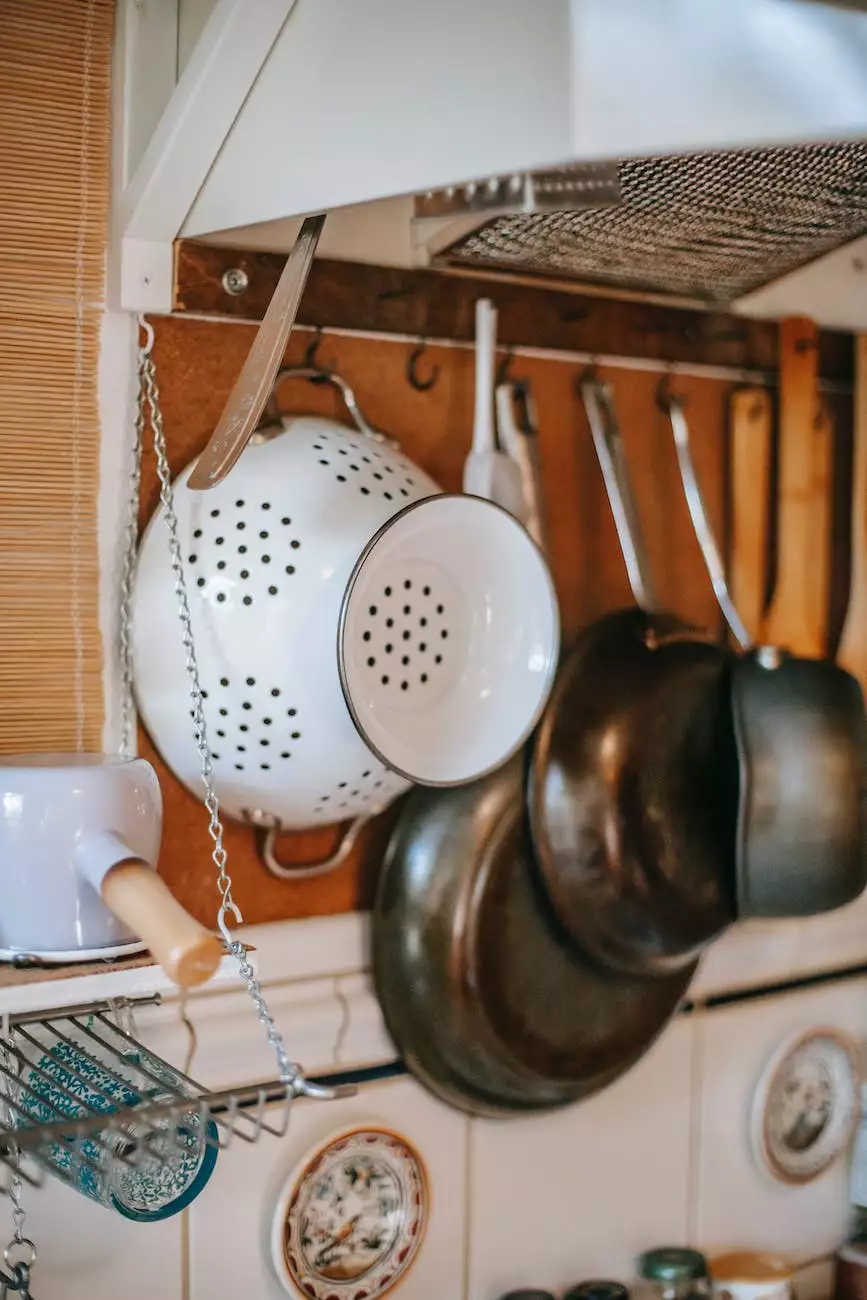Definition of the term Aluminum Wire
Services Offered
The Importance of Aluminum Wire for Home Inspections
As Nicholas Home Inspection & Consulting, a leading provider of consulting and analytical services in the business and consumer services industry, we understand the significance of aluminum wire in residential properties. Aluminum wire is commonly found in older homes and was widely used during the 1960s and 1970s as a cost-effective alternative to copper wire. While it served its purpose at the time, aluminum wire poses unique challenges that homeowners and inspectors must address.
Understanding the Characteristics of Aluminum Wire
Aluminum wire differs from copper wire in several ways. It is lighter, softer, and more affordable, making it an enticing option for electrical installations. However, it also has a higher rate of expansion and contraction, which can lead to loosening of connections over time. Additionally, aluminum wire is more susceptible to oxidation, which can cause overheating and increases the risk of electrical fires.
Identifying Aluminum Wire in Your Home
It is crucial for homeowners and inspectors to identify whether a property contains aluminum wiring. During a home inspection, our team of experts examines the electrical system thoroughly, identifying the types of wiring and assessing their condition. We pay special attention to the electrical panel, outlets, and visible connections to determine if aluminum wire is present. Proper identification is essential for understanding potential risks and implementing necessary safety measures.
The Risks Associated with Aluminum Wire
Aluminum wire presents several risks that homeowners and inspectors must be aware of. Over time, aluminum wire connections may become loose, creating resistance and heat buildup. The increased heat can damage insulation and lead to potential fire hazards. Furthermore, the oxidation of aluminum wire can cause corrosion, resulting in poor conductivity and increased resistance, leading to electrical failures.
Why Homeowners Should Consider Replacement
Given the potential risks associated with aluminum wiring, homeowners are encouraged to consider replacement options. Upgrading to copper wiring provides enhanced safety and reduces the likelihood of electrical issues. Copper wire offers better conductivity, increased durability, and improved resistance to temperature changes, making it the preferred choice for electrical installations in modern homes. Our expert team can guide homeowners through the rewiring process and ensure it is done safely and efficiently.
Expert Analysis and Consultation
Nicholas Home Inspection & Consulting specializes in providing expert analysis and consultation regarding aluminum wire. With our extensive experience in the industry, we understand the unique challenges and risks associated with this type of wiring. Our team is dedicated to ensuring the safety and satisfaction of our clients by offering comprehensive inspections, thorough reports, and knowledgeable recommendations for addressing any issues identified.
Conclusion
In conclusion, aluminum wire has been commonly used in older homes due to its affordability. However, it presents inherent risks such as connection loosening, oxidation, and potential fire hazards. Homeowners and inspectors must be vigilant in identifying and addressing these risks to ensure the safety of the property and its occupants. Upgrading to copper wiring is highly recommended for enhanced safety and peace of mind. Consult with Nicholas Home Inspection & Consulting for expert analysis and guidance in dealing with aluminum wire issues.




